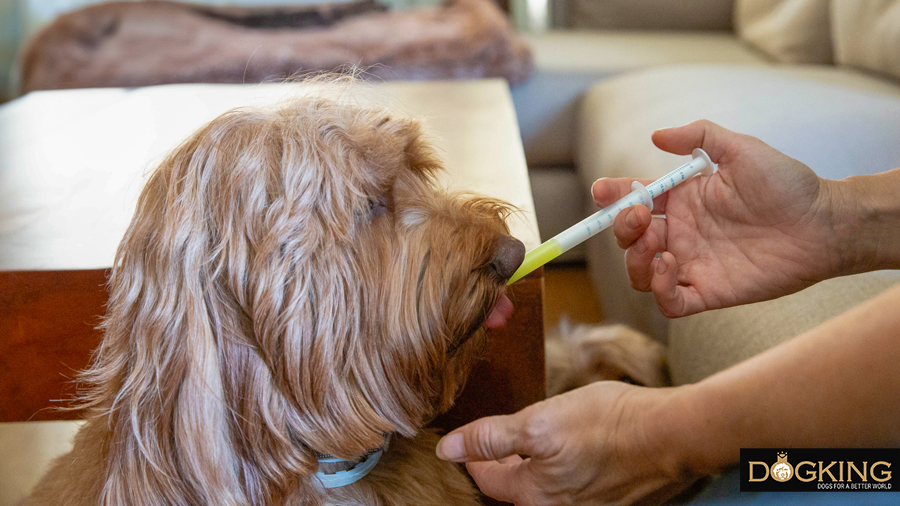Le changement d'heure affecte-t-il votre chien ?
Découvrez comment votre ami à fourrure réagit à l'avance ou au recul de l'horloge

LE CHANGEMENT D'HEURE CHEZ LES CHIENS
Temps de lectura environ : 8 minutes
La réglementation en vigueur dans certains pays européens, qui consiste à reculer l'horloge d'une heure en automne et à l'avancer de la même durée au printemps, affecte nos routines et nos habitudes. Si vous êtes une personne organisée avec un emploi du temps fixe, vous remarquerez certainement que, surtout le premier jour, vos sensations de faim, de fatigue et votre perception du temps sont modifiées. Tout comme certains humains sont affectés par le changement d'heure, certains chiens le sont également. Parfois, nos amis à fourrure sont encore plus affectés que nous par le changement d'heure, car les chiens aiment les routines. Les horaires et l'organisation les aident à savoir à quoi s'attendre à tout moment et à se sentir en sécurité. Mais lorsque l'horloge est avancée ou reculée d'une heure, cette stabilité peut être ébranlée. Outre la diminution ou l'augmentation de la luminosité, qui peut affecter leur biorythme interne, il ne fait aucun doute que leurs habitudes seront modifiées tant que leurs propriétaires changeront les leurs. Comment le décalage horaire affecte-t-il réellement les chiens ?
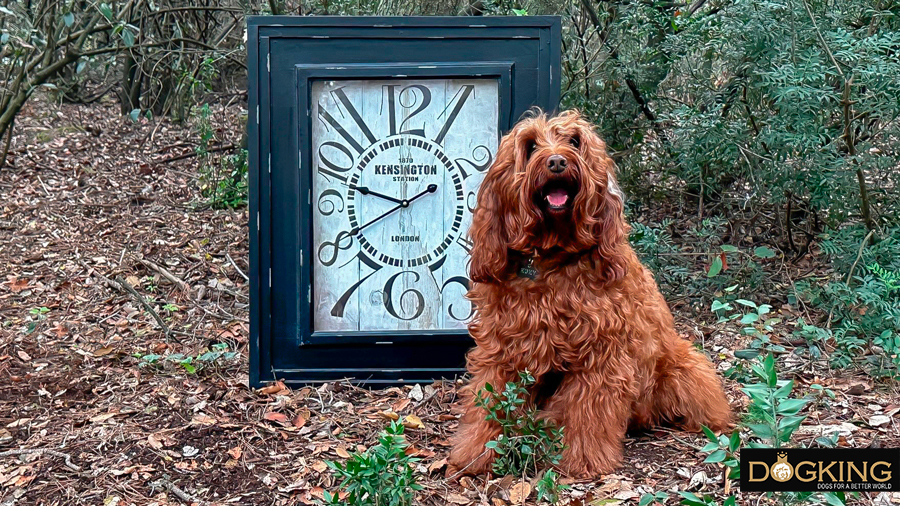
Table de matières
1- Quels sont les chiens qui souffrent le plus du changement d'heure ?
2- Comment mon chien peut-il s'apercevoir du changement d'heure ?
3- Comment aider mon chien à s'adapter au changement d'heure ?
Quels sont les chiens qui souffrent le plus du changement d'heure ?
Comment mon chien peut-il s'apercevoir du changement d'heure ?
1. L'heure de la promenade
L'horloge interne de votre chien est responsable du fait que chaque jour, à l'heure où vous allez habituellement vous promener, il vous attend à la porte, prêt à sortir. Les chiens utilisent leur rythme circadien et l'observation de leur environnement pour s'orienter dans le temps, de sorte qu'ils savent exactement quand il est temps de manger ou d'aller se promener. À mesure que l'heure avance ou recule, il est probable que vous sortiez votre chien plus tôt ou plus tard, ce qui risque de le désorienter quelque peu. Si votre chiot apprend à faire ses besoins dans la rue, il se peut qu'il ne puisse pas se retenir et qu'il fasse ses besoins à la maison. Dans ce cas, ne le grondez pas et ne le punissez pas. Emmenez-le simplement à son abreuvoir (il est conseillé de ne pas l'enlever pendant qu'il apprend) pour qu'il comprenne que s'il ne peut pas se retenir de faire pipi à la maison, c'est là qu'il doit aller.
Un autre aspect à prendre en compte en ce qui concerne la modification du temps de promenade lors du changement d'heure est la température. En été, une heure supplémentaire peut signifier qu'il fait déjà trop chaud dehors pour votre animal, alors qu'en hiver, le changement d'heure se traduira par des températures plus froides à l'extérieur. Gardez cela à l'esprit !
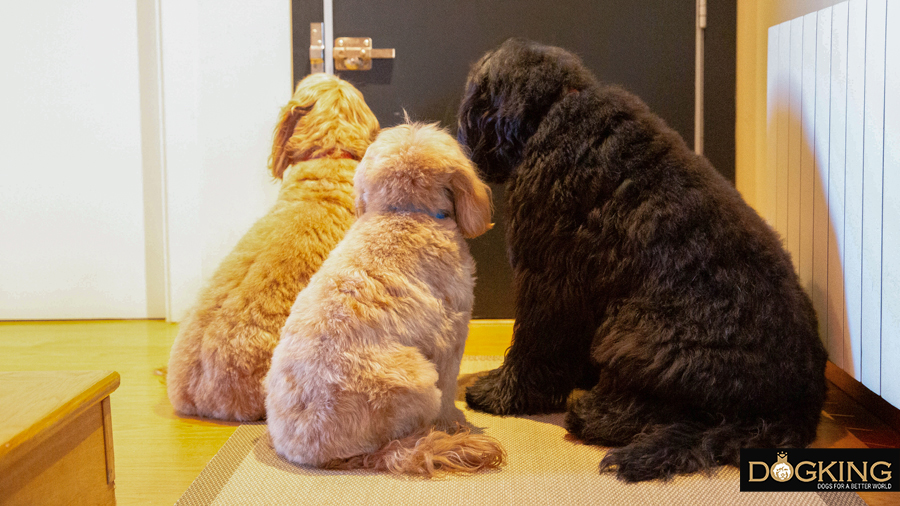
2. Le sommeil
Si vous avez l'illusion de pouvoir dormir une heure de plus à l'automne, il est possible que votre chien vous lèche pour vous réveiller selon l'horaire normal. Pour votre compagnon à quatre pattes, rien n'aura changé dans son horloge interne. Il est également normal que votre chien s'endorme plus tôt ou plus tard qu'auparavant, ou qu'il fasse plus de siestes en raison de l'inconfort et du stress. Laissez-le dormir autant qu'il en a besoin et ne le dérangez pas, car cela fait partie de son processus d'adaptation au nouvel horaire.
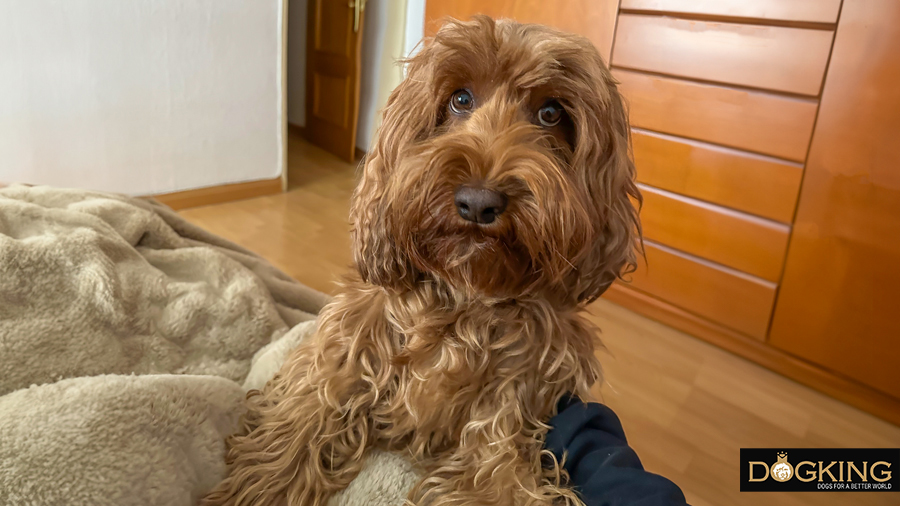
3. La faim
Dans les heures qui suivent le changement d'heure, il est normal de constater des changements dans l'appétit de votre chien. Il peut réclamer de la nourriture plus tôt ou ne pas avoir faim à l'heure habituelle. Si cela arrive à votre compagnon à quatre pattes, vous n'avez rien à faire. S'il refuse la nourriture, ressortez-la un peu plus tard et, si vous voyez qu'il a très faim et qu'il est nerveux, avancez-la de quelques minutes. Au bout d'un à deux jours, tout son organisme se régulera et s'adaptera aux nouvelles habitudes alimentaires.
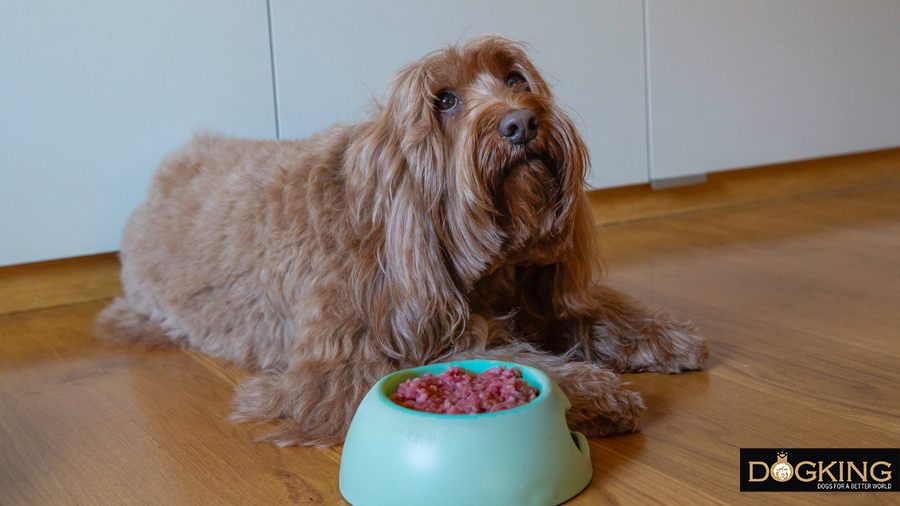
4. Les médicaments
Si votre chien prend des médicaments, tenez compte du changement d'heure afin qu'il ne reste pas trop longtemps sans les prendre ou qu'il ne les prenne pas trop tôt. Pour ce faire, durant la semaine précédant le changement d'heure, avancez ou reculez l'heure d'administration de 15 minutes.
